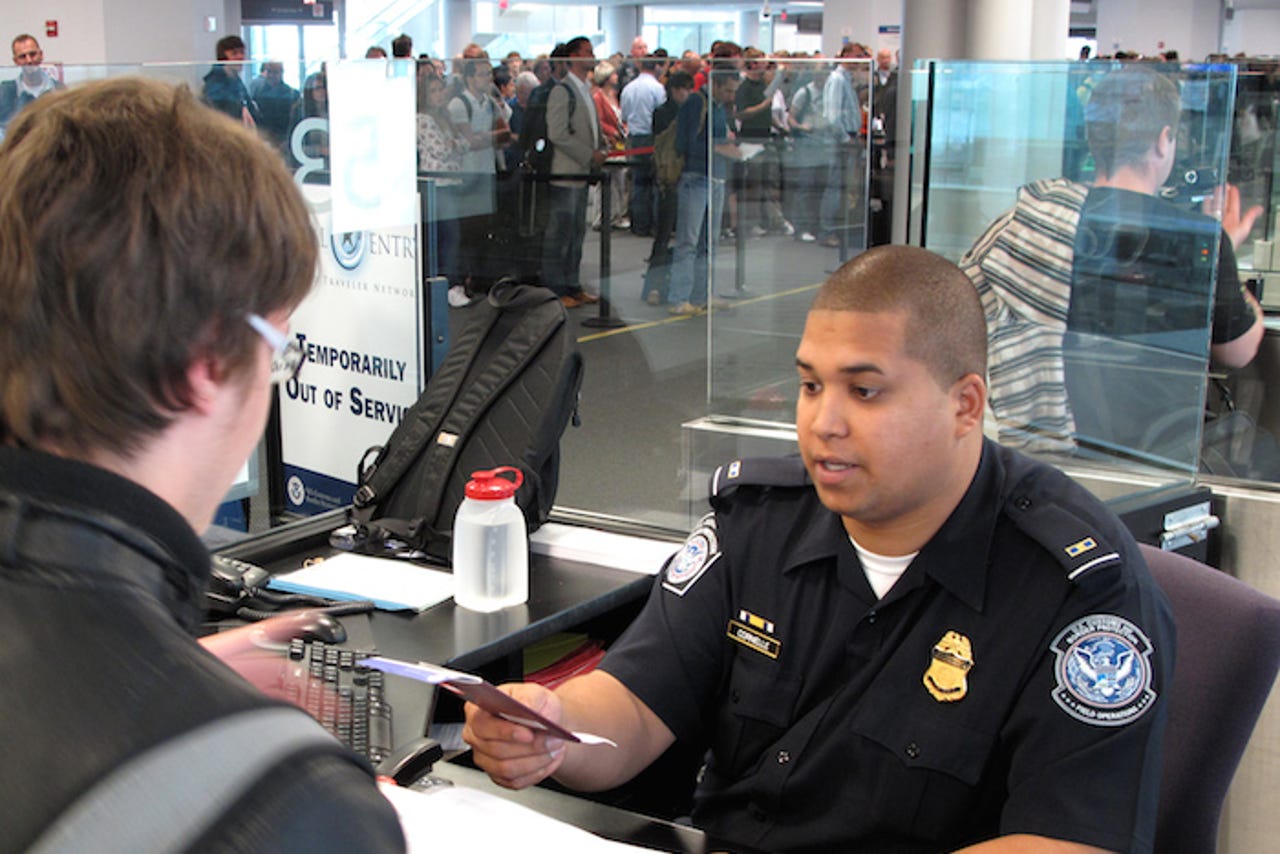Border search of laptop "violated" privacy, says federal judge


A federal judge said the search of a traveler's laptop at a Los Angeles airport was "unreasonable," and violated his constitutional privacy protections.
In an opinion released Friday, US District Judge Amy Berman Jackson allowed a defendant to suppress evidence collected from his laptop in 2013, dealing a blow to the government's argument that he was selling aircraft parts illegally to embargoed Iran.
Jackson said the search should not have happened because at the time it was "supported by so little suspicion of ongoing or imminent criminal activity," adding that the search was "invasive" of the traveler's privacy.
What should have been a routine border inspection was anything but, Jackson wrote, because the laptop was taken 150 miles away so its data could be downloaded and stored for an indefinite period.
She said she wasn't sure if this could "accurately be characterized as a border search at all."
The 44-page opinion was a heavy critique of the government's policy of allowing law enforcement to inspect anything -- including electronics -- at the border, where travelers have very few, if any, rights.
The government has long argued that travelers crossing into and out of the US at border crossings have no Fourth Amendment rights against unreasonable searches and seizures. Aimed at preventing illegal imports and exports, narcotics, and weaponry, the policy has arguably also been used to target people who have fallen out of favor with the US government.
Some legal experts have argued that border crossings have fewer rights than the least democratic and free countries in the world, where free speech and access to legal counsel are also rarely permitted.
In well-known and documented cases, Academy award-winning documentary maker Laura Poitras moved to Berlin in order to continue filming the Edward Snowden documentary, "Citizenfour," after she was stopped for questioning more than 40 times in just two years.
Security researcher and programmer Nadim Kobeissi told ZDNet last year that he was stopped at least 10 times for secondary screening at U.S. airports in a six-month period in mid-2012. The encryption app developer said that U.S. officials raised questions during his airport interrogation about his work in software development.
The American Civil Liberties Union and other privacy groups have sued to prevent the government from building criminal cases against suspects where on US soil it's difficult or impossible to obtain a warrant.